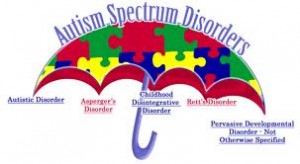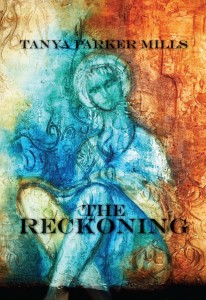Present word count of WIP: 45,249
I’m a day late with this post, but yesterday was so chock full of items on my “to do” list and then my son came home with a time-consuming piece of homework from his Creative Writing class. How could I say “no” to helping him on that? Besides, it made me more aware of my own writing.
The assignment: take a page from one of your favorite novels, photocopy it, and analyze it for sentence length and variation, paragraph length and variation, literary or figurative devices, any unusual punctuation or grammatical devices, and anything else that stood out as far as the writer’s style. I think it’s a good exercise for any of us who write. It keeps us from getting lazy. Sometimes our final version isn’t as “final” or “perfect” as we may like to think.

Buckbeak's response to Malfoy's rudeness
(By the way, the novel he chose was J.K. Rowling’s Harry Potter and the Prisoner of Azkaban, with a page from the first scene with Buckbeak.)
Now, Seth Godin’s next bit of Advice for Authors:
15. If you want to reach people who don’t normally buy books, show up in places where people who don’t usually buy books are. Media places, virtual places and real places too.
First of all, you have to understand something about Mr. Godin. He’s more about spreading ideas (and he writes mostly non-fiction) than he is about making money. Of course, he can afford to be because he’s already made a name for himself and has a huge fan base. So, he’s always looking to expand that fan base. That’s something we should all be doing.
But this tip got me thinking. Where do non-book lovers gather in the real world and online? I know they’re out there, because I came across one several years ago–a woman in my church who, while helping in a service project to stock the shelves of a new school library, admitted that she never read. “Why?” I asked. “I just don’t like reading.” I know. It’s baffling to me and my kind, but they do exist.
So, where do they hang out? Movie theaters? (She didn’t care for movies, either, by the way.) I, personally, love movie theaters…but mainly when they’re not crowded and going when no one else is there kind of defeats the purpose of trying to gain new readers. Still, could I force myself to do a book event at a movie theater? Let’s say the protagonist of my novel has a significant scene involving a particular movie. If it’s a popular enough movie, would it be worthwhile to rent out a theater for my book launch and show that movie? Hmmm. Perhaps.
Where else in real life? My aforementioned non-book-and-non-movie-loving friend was all about the outdoors. I’ve got people gathering every morning at the base of the small mountain behind my home simply to hike up to the top. Granted, they’re probably the same people every day, but maybe I should set up a small table at the foot of the trail one day and offer discounted (or even free…since they might not be carrying cash) copies of my latest book. (Of course, it would help if my story involved hiking.)
The idea is to think outside the box both in everyday life and in virtual reality. Drop into a whole new Facebook group (say, for instance, Mothers Against Pedestrian Crosswalks…just made that up, but I haven’t checked…there could be such a group) or online forum and make some new friends then gradually reveal that you’re a writer. If they like you, they’ll probably ask about what you write. If they really like you and the kinds of comments you make, they may buy your book.
What has worked for you? Have you tried the unexpected or unusual and seen it work?
I’d love to hear about it.
Originally posted 2012-03-06 08:29:46.







